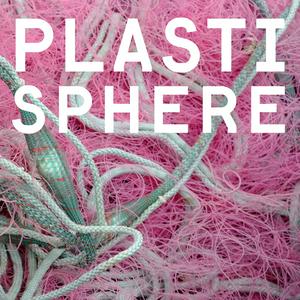It's the elephant in the room: The growth of plastic production and how that contributes to pollution. In this episode, we're taking a look at why it's important to not only tackle the waste plastic causes, but also the source of the issue itself. Anja discusses this with Melanie Bergmann, a marine biologist at Alfred Wegener Institute, Helmholtz Centre for Polar and Marine Research and a plastic pollution researcher for more than a decade, and Kristian Syberg, an environmental scientist and planner from Roskilde University. Both are members of the Scientists' Coalition for an Effective Plastics Treaty.
Sources mentioned:
- Cowger et al. (2024), Global producer responsibility for plastic pollution, Science Advances https://www.science.org/doi/10.1126/sciadv.adj8275
- Borrelle et al. (2020), Predicted growth in plastic waste exceeds efforts to mitigate plastic pollution, Science https://www.science.org/doi/10.1126/science.aba3656
- Lau et al. (2020), Evaluating scenarios toward zero plastic pollution, Science https://www.science.org/doi/10.1126/science.aba9475
- Geyer et al. (2017), Production, use, and fate of all plastics ever made, Science Advances https://www.science.org/doi/10.1126/sciadv.1700782
- A.E. Higginson, Greater London Council (1971): The view of a local authority, in: Plastics waste in the environment. Plastics & Polymers supplement No. 4, September 1971, The Plastics Institute, London (not online, can be ordered via libraries). For a screenshot of the first pages, check out this post on LinkedIn: https://www.linkedin.com/feed/update/urn:li:activity:7401522510678163456?commentUrn=urn%3Ali%3Acomment%3A%28activity%3A7401522510678163456%2C7401528231109234690%29&dashCommentUrn=urn%3Ali%3Afsd_comment%3A%287401528231109234690%2Curn%3Ali%3Aactivity%3A7401522510678163456%29


